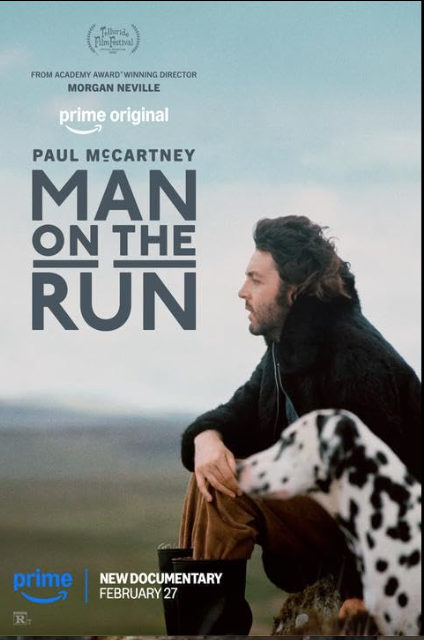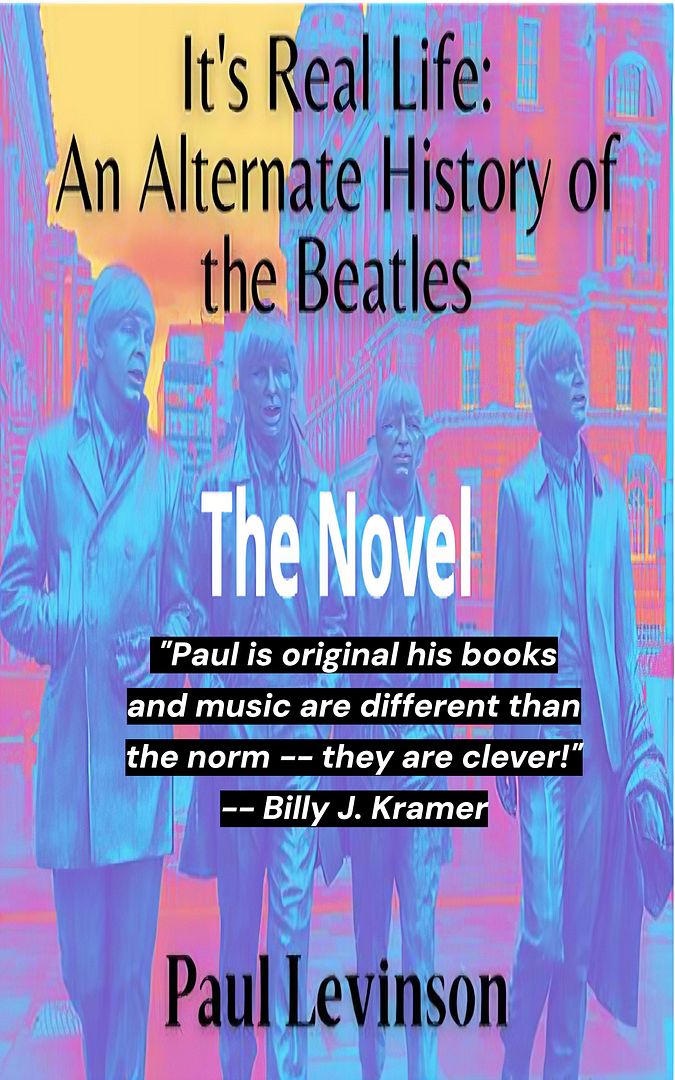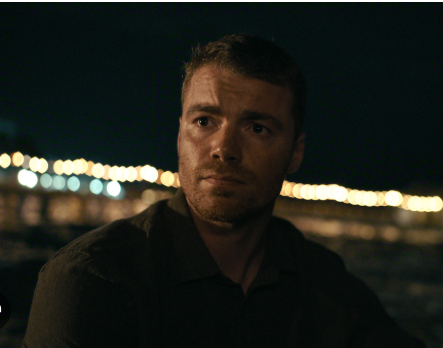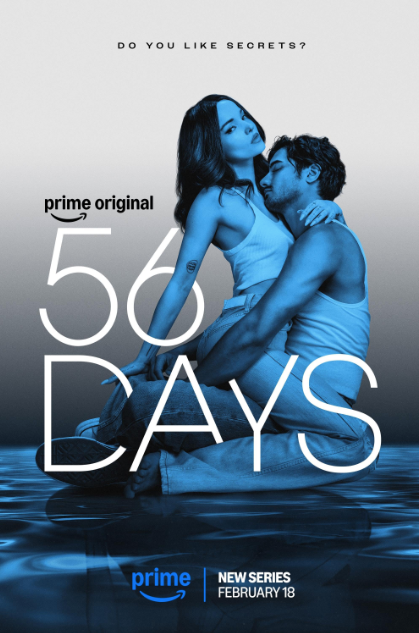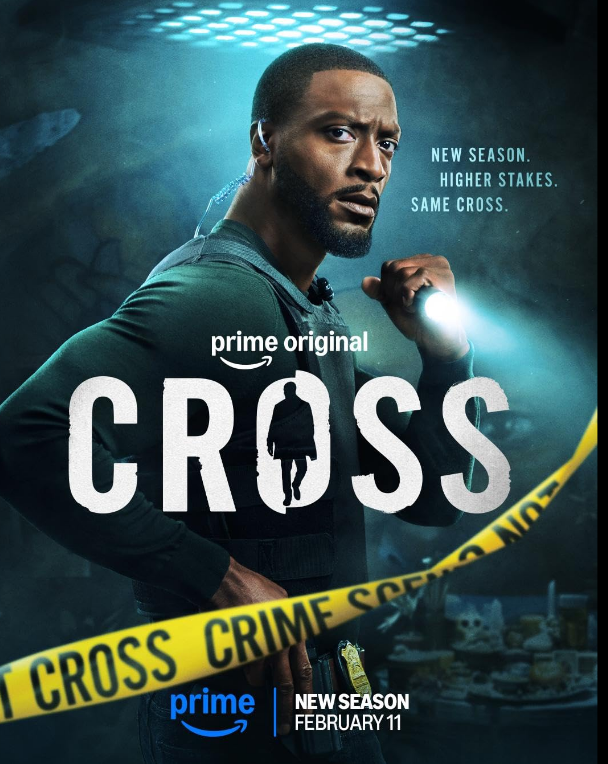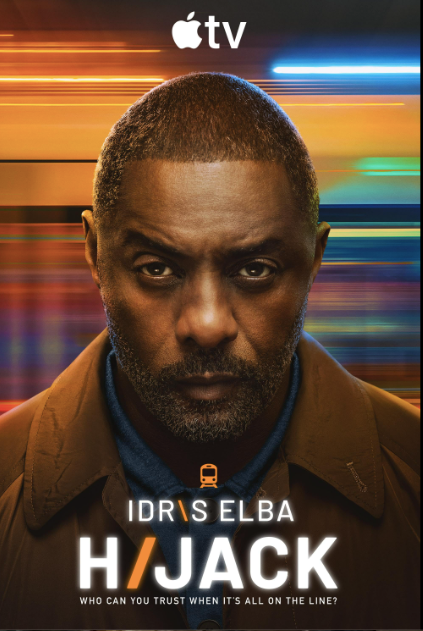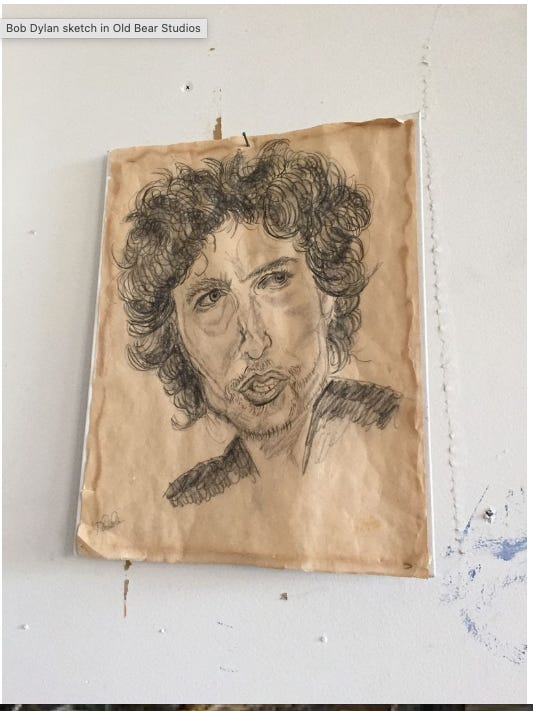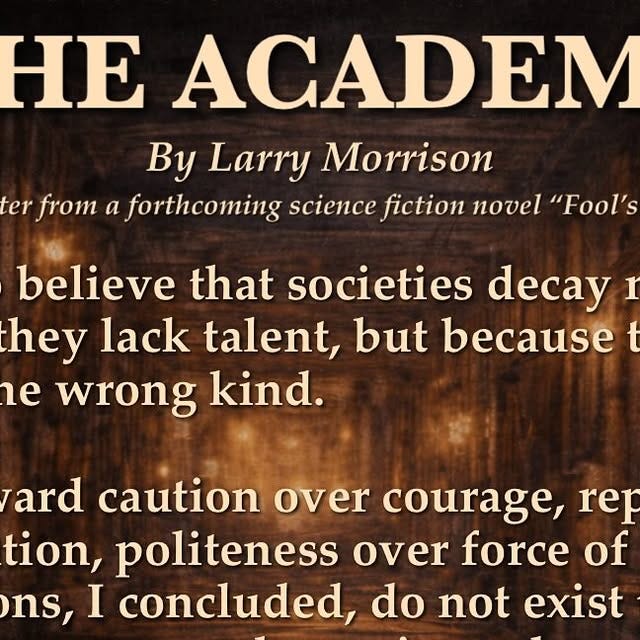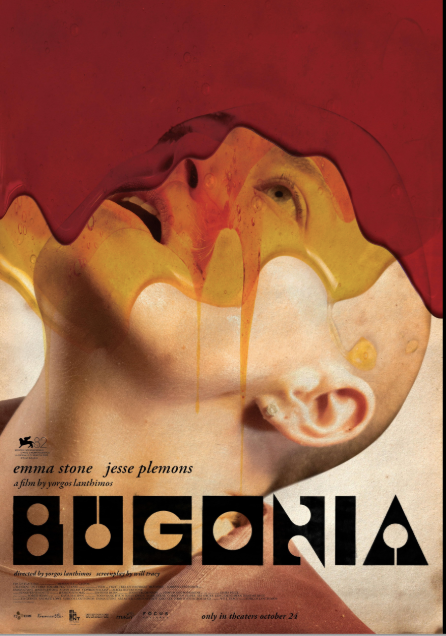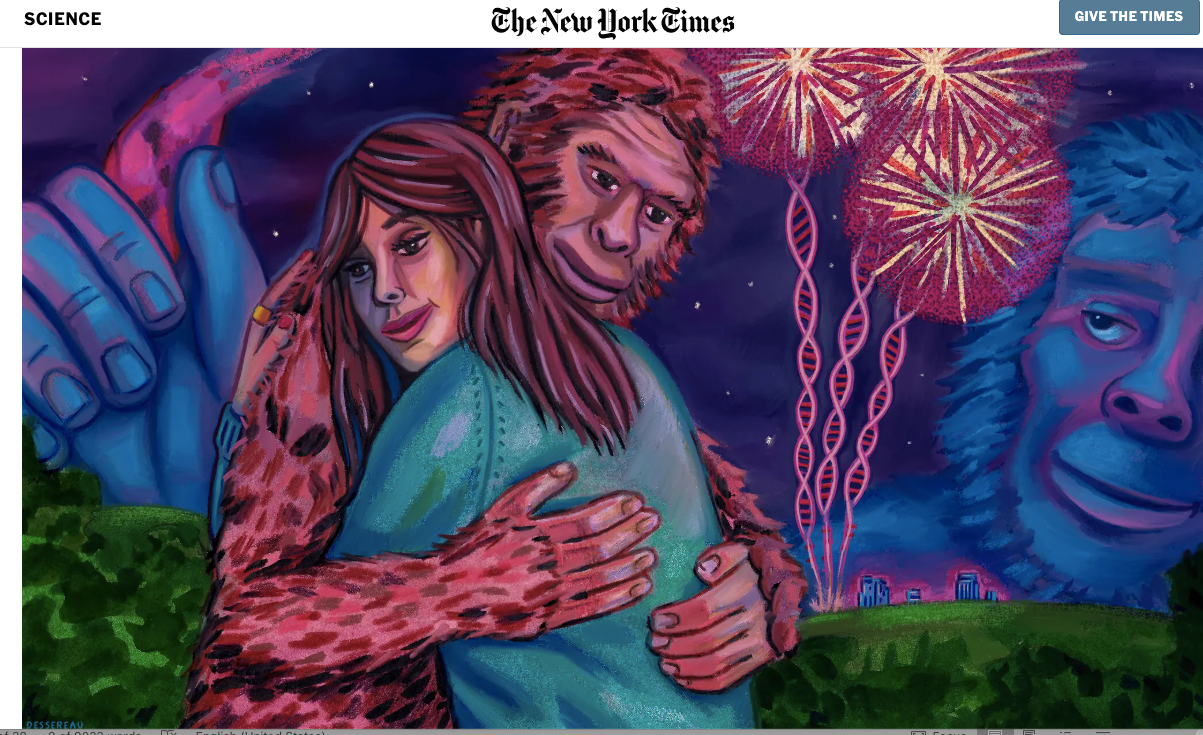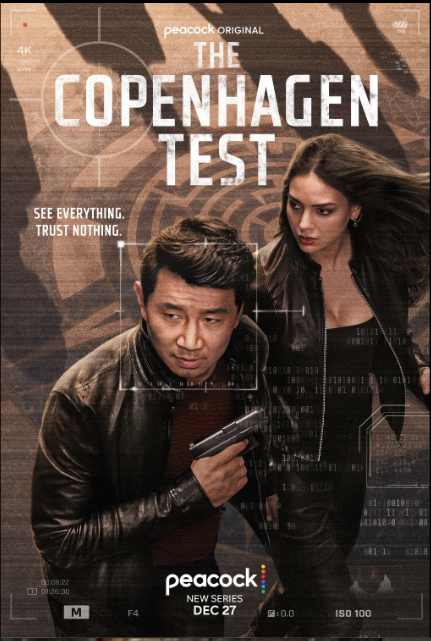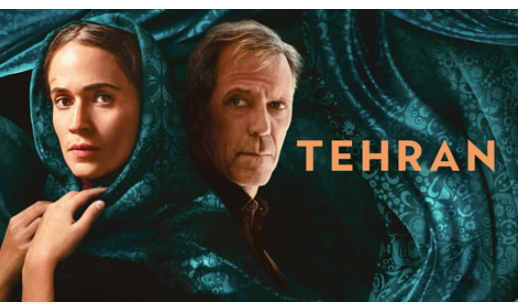
In a feat of perfect timing, I finished watching the third season of Tehran the night before Trump announced the joint Israeli-US attack on Iran. We know that Trump watches a lot of TV, and is very much influenced by it, choosing cabinet members based on their performances on cable news shows. I wonder to what extent his ultimate decision to attack Iran was based on his viewing of the series named Tehran?
First, let me say that I saw all three seasons of the series in the past few weeks, and talked my wife into watching it, too. It's an excellent series, which started out very well, and just got better and better. Apple TV+ and the Israeli TV broadcaster KAN 11 are part of the production team, and Tehran indeed has a lot of the flavor, power, and feel of Fauda, which is also an Israeli production. It was also good to see Sasson Gabai back in action in Tehran, after his success in a very different kind of role in Shtisel.
The essence of Tehran is what kind of military back-up will Israel give its Mossad agents who are already widely embedded in Iran. In the third season, in particular, we find agent Tamar Rabinyan (very well played by Niv Sultan) struggling to stop Iran from finally creating a nuclear weapon -- struggling to do this before Israel bombs the site, which would release damaging radiation (not as bad as a nuclear explosion, of course, but the "dirty" explosion would engender serious health risks). All of this occurs as Iran is literally on the edge of developing nuclear weapons.
Was Trump watching this thrilling series, and that's what led him to make the decision to bomb Iran? Well, the edge-of-your-seat season 3 finale of Tehran the series was aired on February 27, and the US started bombing Tehran the city on February 28.
